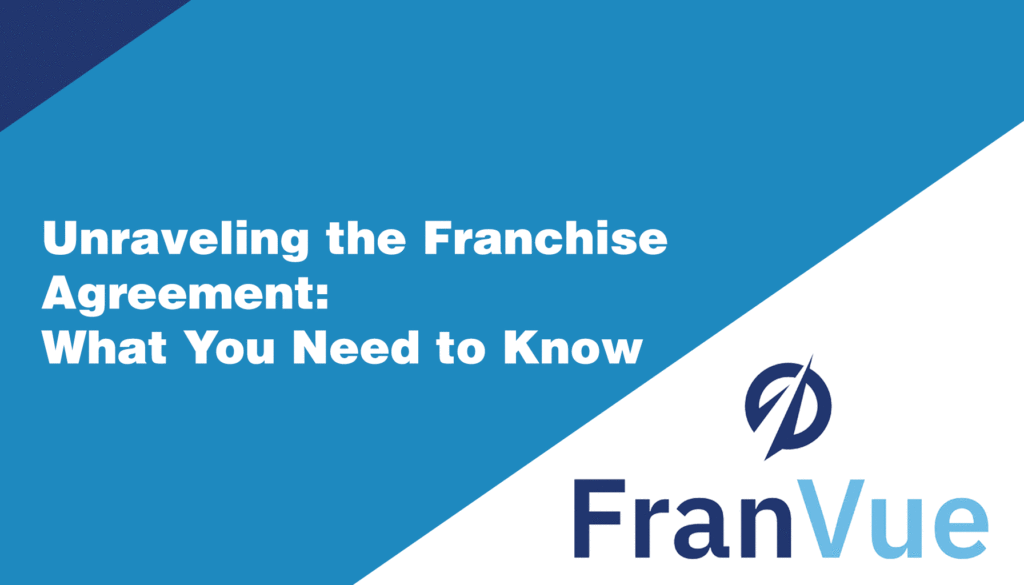Introduction: You’ve just wrapped up Discovery Day, and you’re thrilled with what you’ve seen during this final phase of the franchise evaluation process. Your heart is set on this franchise opportunity. As you sit down with the franchisor at the end of the day, they bring out the franchise agreement. But before you put pen to paper, there are crucial aspects you should be aware of.
Understanding the Franchise Agreement: The franchise agreement serves as a vital legal document, forging a binding relationship between you, the franchisee, and the franchisor. It’s a comprehensive contract that delineates the franchisor’s expectations from you in running every facet of the business. It’s essential to note that there’s no one-size-fits-all franchise agreement. The terms, conditions, and operational methods can differ significantly across various franchises based on their unique nature.
Legal Binding Agreement: Signing a franchise agreement is a significant commitment. It’s a legal, binding document that holds both parties accountable. Given its legal implications, it’s highly advisable to have a franchise attorney review the agreement on your behalf before proceeding.
Key Provisions in the Franchise Agreement: Now, let’s delve into what you can expect to find within the pages of a franchise agreement. Here are ten fundamental provisions that are typically outlined:
- Location/Territory: The agreement designates the territory where you’ll operate and may specify any exclusivity rights you possess.
- Operations: This section details the operational guidelines and standards that franchisees are expected to adhere to.
- Training and Ongoing Support: Franchisors provide training programs for franchisees and their staff, and this section outlines the details of training and the ongoing support you can expect.
- Duration: The document clearly states the duration or term of the franchise agreement.
- Franchise Fee/Investment: It specifies any upfront franchise fees and the rights these fees grant you, including the use of the franchisor’s trademarks and operational systems.
- Royalties/Ongoing Fees: The franchise agreement outlines the structure of royalties, typically a percentage of total sales paid on a regular basis.
- Trademark/Patent/Signage: This section explains how you can use the franchisor’s trademark, patents, logos, and signage.
- Advertising/Marketing: The franchisor discloses its advertising commitments and any fees franchisees are responsible for covering.
- Renewal Rights/Termination/Cancellation Policies: This part describes how the franchise agreement can be renewed or terminated, including any arbitration clauses.
- Exit Strategies: Each franchise has its own resale policy, which may allow you to sell the franchise at your discretion or include buyback or right of first refusal clauses.
In-Depth Understanding: Beyond these ten provisions, the franchise agreement delves into the intricate details of the franchisee-franchisor relationship. It provides comprehensive information about proprietary statements, site maintenance, and upgrade requirements.
Conclusion: In the world of franchising, the franchise agreement is a cornerstone document. Treat it with the seriousness it deserves. Take the time to read and review it meticulously, and most importantly, consult with a legal expert well-versed in franchise agreements. Just like a lasting marriage, you want this franchisor-franchisee relationship to be built on a solid foundation of understanding and trust.


